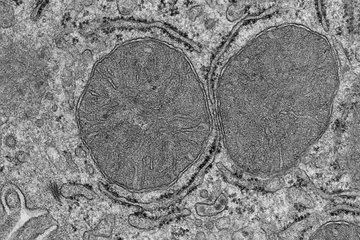Heart’s cycle affect activity of the motor system
The timing of heartbeats and their neural processing are linked to changes in the excitability of the motor system in the brain
Optimal windows exist for action and perception between the two consecutive heart beats, according to a study by researchers from the Max Planck Institute for Human Cognitive and Brain Sciences in Leipzig. The sequence of heart contraction and relaxation is linked to changes in the motor system and its ability to respond to stimulation, and this could have implications for treatment of depression and stroke.

The ways in which we perceive and engage with the world are influenced by internal bodily processes such as heartbeats, respiration and digestion. Cardiac activity can influence auditory and visual perception and previous studies demonstrated that the somatosensory processing can be impaired during the systolic phase of the cardiac cycle..
To gain a more mechanistic insight into these processes, Esra Al of the Max Planck Institute for Human Cognitive and Brain Sciences and colleagues, wanted to understand whether there were changes in cortical and corticospinal excitability — the readiness to respond to stimuli — across the cardiac cycle. 37 healthy human volunteers aged between 18 and 40 years received a series of transcranial magnetic stimulation pulses — non-invasive short magnetic pulses that stimulate nerve cells — above the right side of the brain. “Although previously there were studies trying to capture changes in corticospinal excitability along the cardiac cycle, the uniqueness of our approach is in using electroencephalography in combination with transcranial magnetic stimulation that allows to investigate directly changes in cortical activity”, says Vadim Nikulin who is a senior author of the study.
Peripheral and cortical motor responses as well as heartbeats were measured during the stimulation and the scientists found that higher excitability was recorded during the systolic phase. These simultaneous recordings of brain activity, heart activity, and muscle activity, suggest the timing of heartbeats and their neural processing are linked to changes in the excitability of the motor system.
Transcranial magnetic stimulation is used in treatments for depression and recovery after stroke. The research raises the possibility for the potential use of these results for monitoring and optimization of TMS treatment, as well as contributing to a greater understanding of brain-body interactions in health and in disease. The researchers add, “Intriguingly, this study uncovers a remarkable connection between the human heart and brain, revealing distinct time windows tailored for action and perception.”












